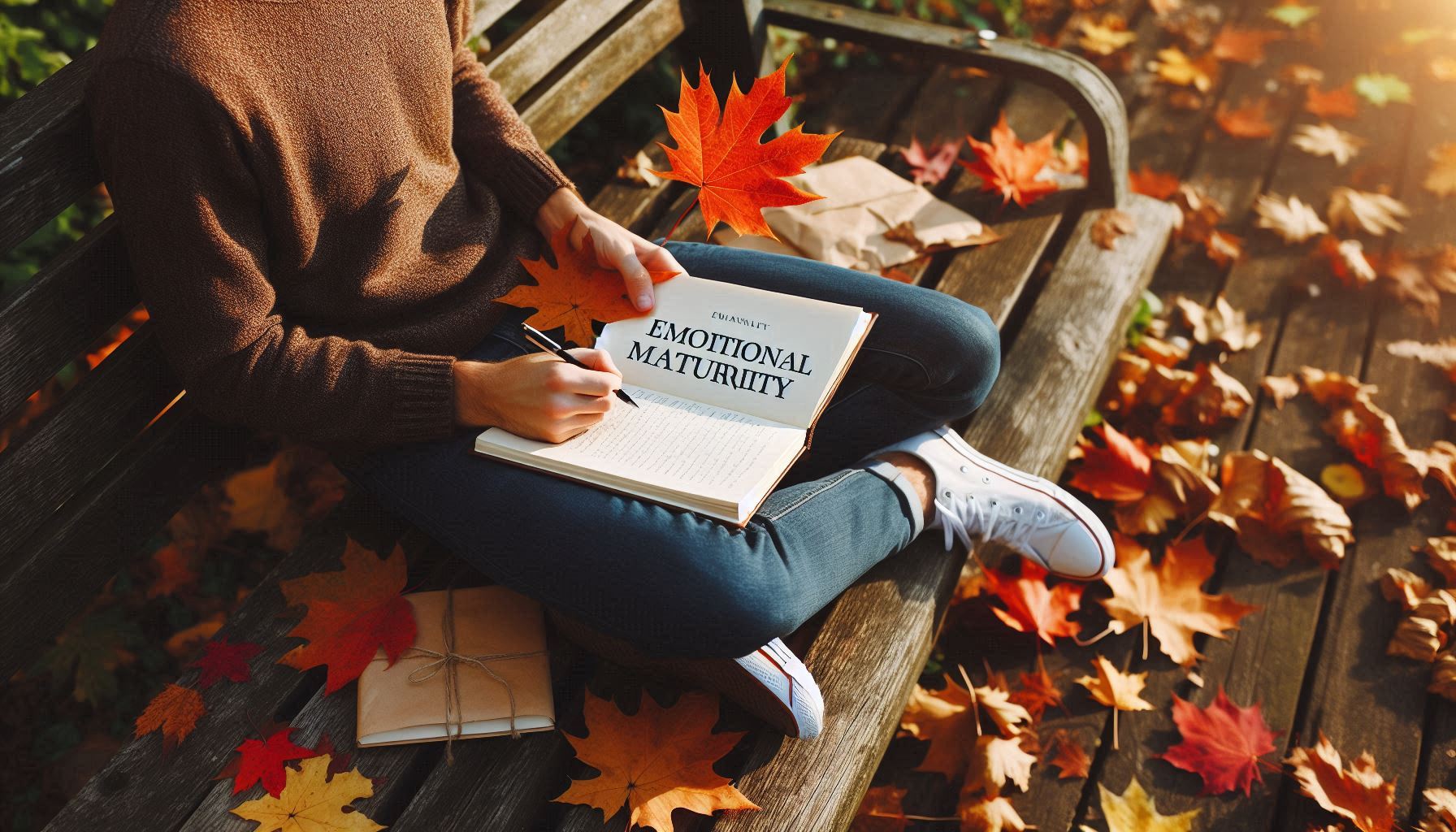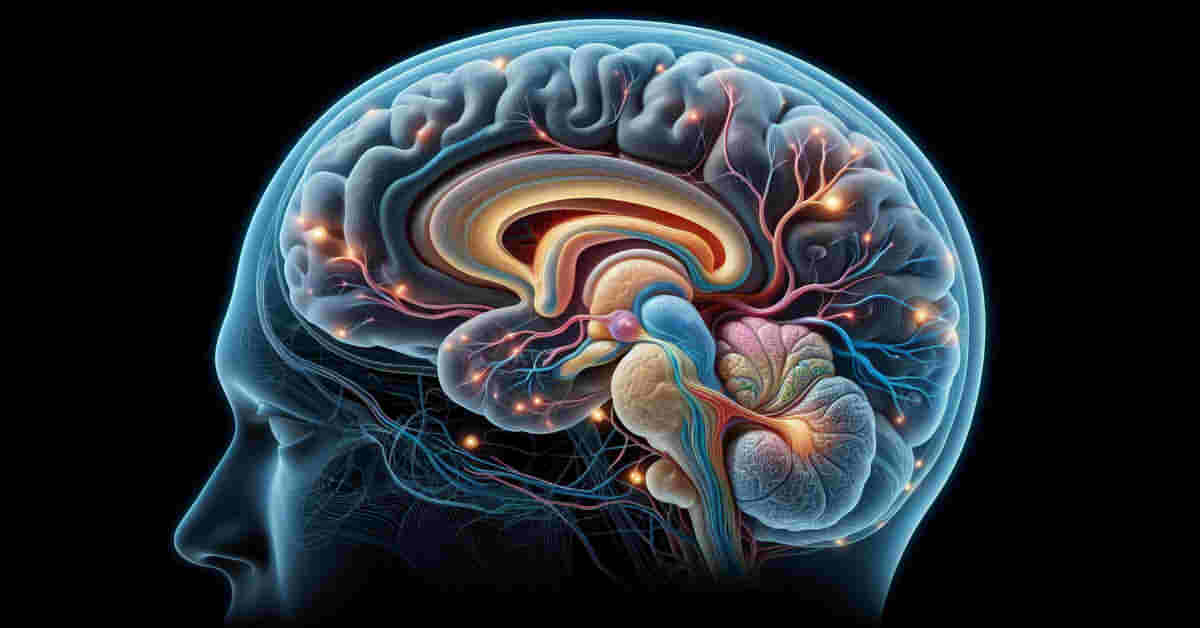Stress is the result of daily pressures. It is a companion for many juggling work, relationship, and personal well-being. Many people experience it every day, but only a small percentage can handle it naturally. The rest cope with it through medications or alternative methods, such as physical exercises, relaxation techniques, spending time in nature, traveling, or breathing.
However, none of these methods are one hundred percent effective. It provides a temporary relief, and requires application again. If you are like me, you probably prefer to get the results you desire after just few attempts rather than having to manage the stress for the rest of your life. This was my concern before I understood that the most natural stress relief methods are to take no actions, either internally or externally. You are most likely a bit confused at the moment. I know; just keep reading. I will explain this in depth some quick stress relief tips and help you realize that the fear of being handcuffed to stress is just an illusion you can overcome.
Understanding the Nature of Stress
Stress is the body’s natural response to a challenge or threat. It can be physical, emotional, or a combination of both. However, most of the time, stress is an emotional reaction. More specifically, this emotional reaction is not a direct response to stress but as a result of hormones. When faced with a stressful situation, the body releases hormones like cortisol and adrenaline, triggering the “fight or flight” response. This reaction prepares the body to deal with immediate danger by increasing heart rate, blood pressure, and energy levels. Hormones affect the state of the mind, and the mind triggers the brain to release emotions accordingly.
Prolonged exposure to stress hormones can lead to various problems, including anxiety, depression, cardiovascular disease, digestive issues, and weakened immune function. Moreover, chronic stress can affect cognitive functions such as memory, attention, and problem-solving abilities, making it harder to cope with everyday challenges.
Common Sources of Stress
Stress can stem from two major sources: external and internal factors.
External Factors
- Work-Related Stress: Deadlines, job insecurity, long hours, and conflicts with colleagues can contribute significantly to stress.
- Financial Stress: Money problems, debt, and unexpected expenses are common stressors.
- Relationship Stress: Conflicts with partners, family issues, and social pressures can cause emotional turmoil.
- Environmental Stress: Noise, pollution, and crowded living conditions can add to stress levels.
Internal Factors
- Negative Self-Talk: Pessimistic thinking, self-criticism, and unrealistic expectations can amplify stress.
- Health Concerns: Chronic illnesses, injuries, and concerns about one’s health can be significant stressors.
- Personal Beliefs and Values: Conflicts between personal values and external demands can create inner tension.
How to Release Stress Effectively
To release stress effectively, you must first understand that what you are dealing with are your hormones and feelings. These are reactions to external and internal factors. When you get these factors trigger you, your body reacts by producing stress-related chemicals. In essence, you are the one who causes stress to yourself.
I know you might find this “claim” difficult to accept because it seems counterintuitive that someone would hurt themselves. I agree that nobody intentionally hurts themselves without reason. However, your reactions to various triggers are the problem. You may have developed a habit of reacting strongly to anything said or done to you, whether intentional or accidental.
Instead of coping with stress through relaxation techniques, hobbies, social support, or a healthy diet, you need to eliminate this bad habit of reacting or getting triggered. While these coping mechanisms can be helpful, understanding the source of the problem will help you address the issue properly instead of just treating the symptoms.
Mastering the Art of No Reaction
Mastering the art of no reaction is extremely effective in releasing stress properly for several reasons:
- Reduced Impact of External Factors: When you are hard to trigger, external factors have no effect on you. No matter how dire the situation is, such as a financial crisis or job loss, you will not contribute to releasing stress hormones or emotions within your body.
- Breaking the Cycle of Engagement: When stress hormones and emotions are already released, they entice you to engage with them. Once you engage, they increase, leading to more disturbance. Attempting to fight and get rid of them only fuels them further, creating a vicious cycle. However, if you do not react, these overwhelming emotions, feelings, and thoughts will subside in a short period and be released permanently.
How to Not React or Get Triggered
Mastering no reaction or not getting triggered demands devotion and dedication. To master these innate abilities, you need to focus on the following:
- Patience:
- Be patient and give yourself time because this is not going to happen quickly. It depends on your resilience and receptiveness to change.
- Decision:
- Make a firm decision not to react during the day. Be gentle with yourself when you fail several times. This is completely normal.
- Catch Yourself:
- This is the most important tip. If you can focus solely on this, you will inevitably reduce stress drastically. Make it a habit to catch yourself while you are engaging with your emotions and thoughts and. Whenever you find yourself in the midst of turmoil, remind yourself: “I am reacting again! I should step aside and let my emotions and thoughts express themselves.”
Conclusion
Understanding that there are no perfect stress reduction methods to relieve stress can be liberating. By mastering the art of no reaction and not getting triggered, you can address the root cause of stress rather than just coping with its symptoms. This approach requires patience, a firm decision, and the ability to catch yourself in moments of emotional engagement. With practice, you can achieve lasting stress relief and a more balanced, peaceful life.


